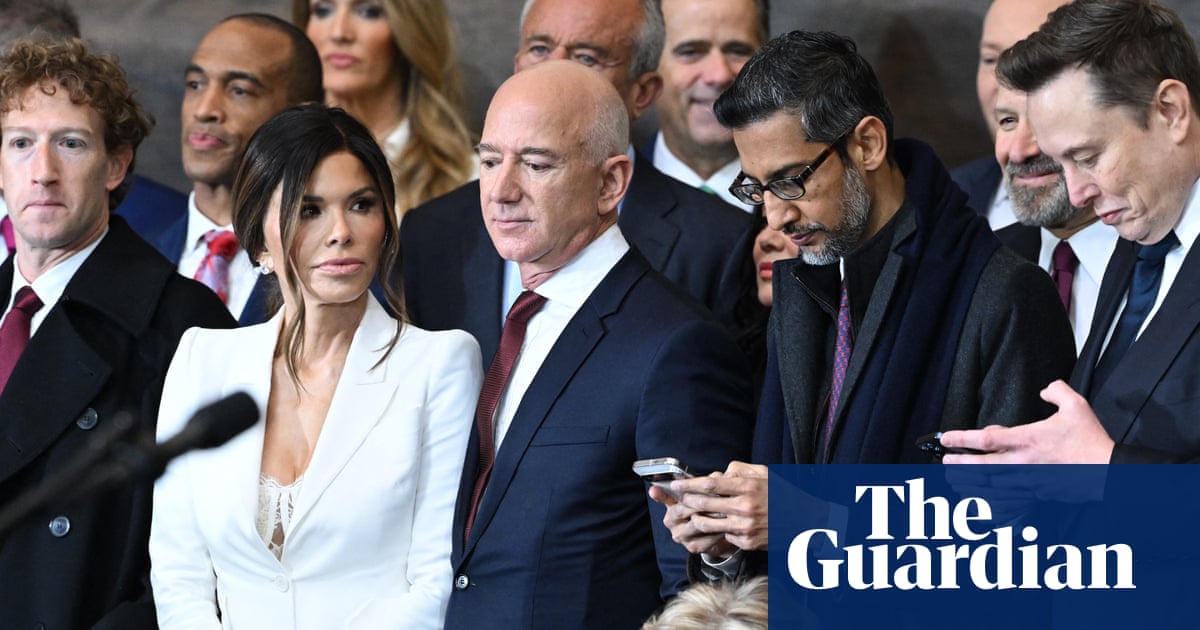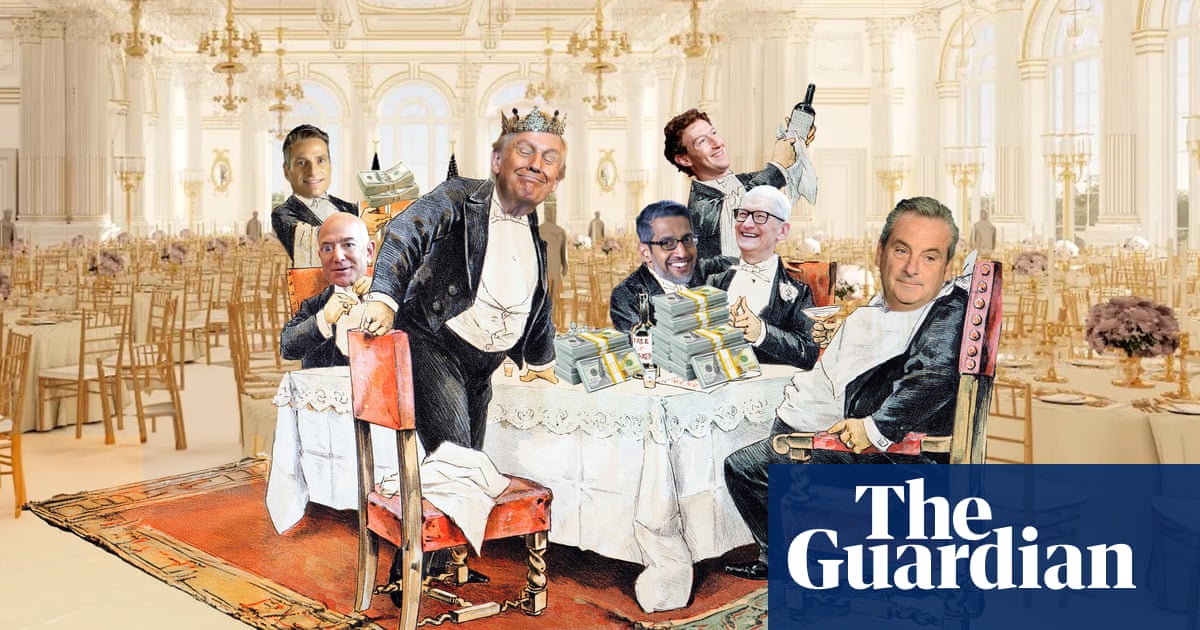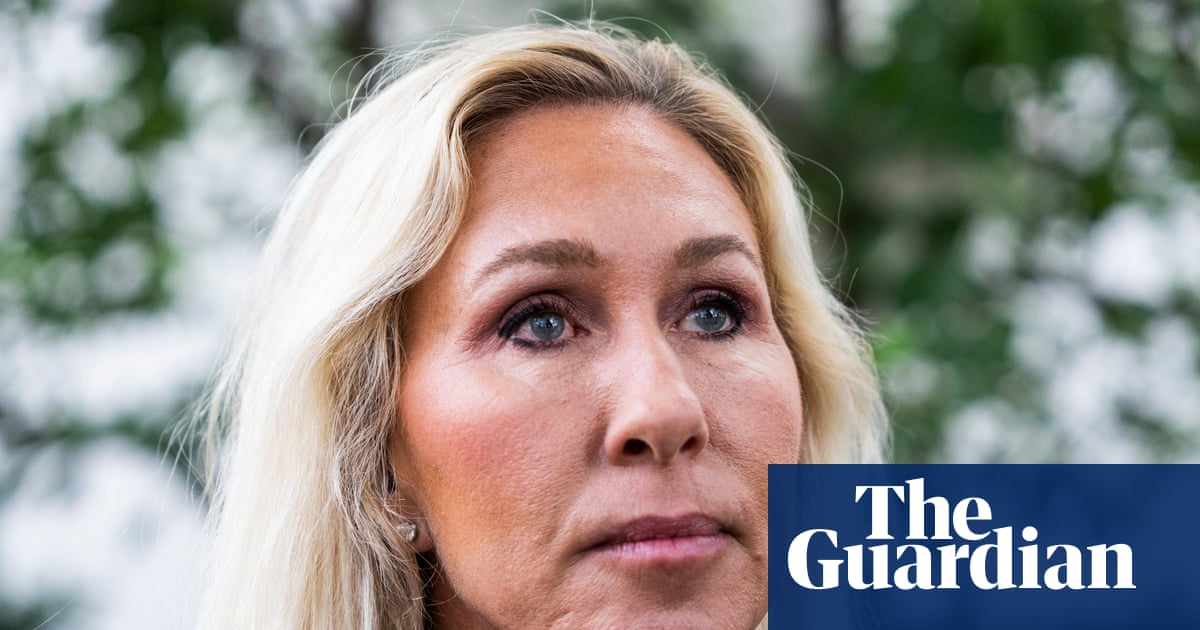Ministers are preparing to raise the amount the NHS pays pharmaceutical firms for medicines by up to 25% after weeks of intensive talks with the Donald Trump administration and drugmakers.
The government has drawn up fresh proposals to end a standoff with the industry over drug pricing, including changing the cost-effectiveness thresholds under which new medications are assessed for use on the NHS, according to industry sources.
The row has been cited as one of the reasons why big companies in the sector, including MSD (known as Merck in the US) and AstraZeneca, have cancelled or paused investments in the UK in recent weeks, while ramping up investments in the US.
The health department is in a standoff with the Treasury and No 10 on how to fund the deal, with Downing Street resisting pressure to commit new funds for medicines in next months’ budget.
The Liberal Democrats immediately attacked the move, first reported by Politico, asking how much it would cost and whether it would lead to cuts elsewhere in the NHS.
The science minister, Patrick Vallance, has publicly acknowledged that the UK’s spending on new medicines needs to rise, from 9% of overall NHS spend, which is below drug spending in the US and many other European countries.
The main element of the plan is thought to include raising the National Institute for Health and Care Excellence (Nice) cost-effectiveness threshold by 25%. Under current rules, NICE considers a medicine costing between £20,000 and £30,000 for every extra year of good-quality life it delivers to a patient to represent good value for money for the NHS.
The Association of the British Pharmaceutical Industry on Tuesday reiterated its call for “urgent action” on drug pricing, saying the Nice threshold should be increased as soon as possible in line with inflation to £40,000-£50,000 and then index-linked thereafter. Making this change would, over time, lead to a greater share of the NHS budget being allocated to medicines, and additional funding will be needed to support this.
Trump has put pressure on pharma companies to lower their drug prices in the US and increase them elsewhere, accusing other countries of “freeloading” on high US prices. Nearly two weeks ago, he threatened to impose 100% tariffs on pharmaceutical imports from 1 October to ramp up the pressure, although these did not materialise.
In response to pressure from Trump, Pfizer and several other US and European companies, including the UK’s biggest drugmaker AstraZeneca, have started to cut their prices in the US and to sell directly to patients to cut out costly middlemen.
In return for reducing its prices by up to 85%, Pfizer won a three-year reprieve from tariffs last week, which was seen as a bellwether for the rest of the sector.
Last week, Varun Chandra, Starmer’s main business adviser, flew to Washington DC for talks with senior US officials and drug companies, the latest in a series of visits to try to hammer out a deal on pricing and tariffs.
after newsletter promotion
A UK government spokesperson said: “We’ve secured a landmark economic partnership with the US that includes working together on pharmaceutical exports from the UK whilst improving conditions for pharmaceutical companies here.
“We’re now in advanced discussions with the US administration to secure the best outcome for the UK, reflecting our strong relationship and the opportunities from close partnership with our pharmaceutical industry.”
However, the Lib Dem health and social care spokesperson Helen Morgan said: “It beggars belief that the government is bending to a bullying US president having told patients for years that life-saving new drugs are unaffordable.
“Ministers must come clean about how much this move will cost and whether it will be funded by cuts elsewhere in the NHS. They should also lay their plans before parliament without delay so they can be properly scrutinised. It increasingly feels like this government puts the whims of Trump before everything else – even our precious NHS.”
The pharma sector’s negotiations with the UK government over drug pricing under a voluntary scheme broke down without an agreement in late August. Since then, MSD has abandoned plans for a £1bn research centre in London and AstraZeneca and New York-based Eli Lilly have paused projects, taking total pharma investments that are on hold or cancelled to nearly £2bn since the start of this year.
One industry source said: “We are relieved to see a recognisable change in sentiment and language from August.”

 German (DE)
German (DE)  English (US)
English (US)  Spanish (ES)
Spanish (ES)  French (FR)
French (FR)  Hindi (IN)
Hindi (IN)  Italian (IT)
Italian (IT)  Russian (RU)
Russian (RU)  3 weeks ago
3 weeks ago
























Comments